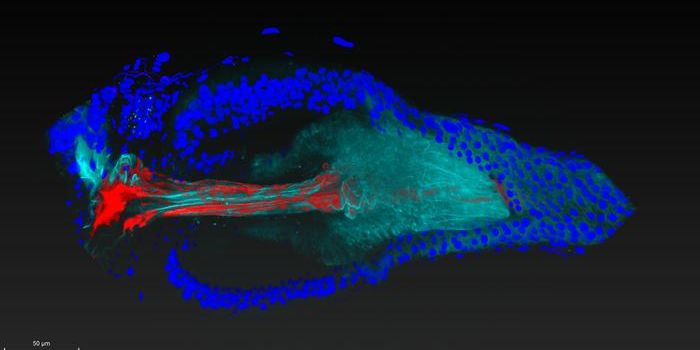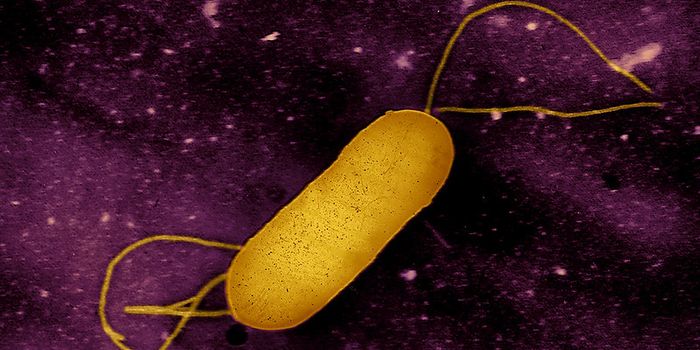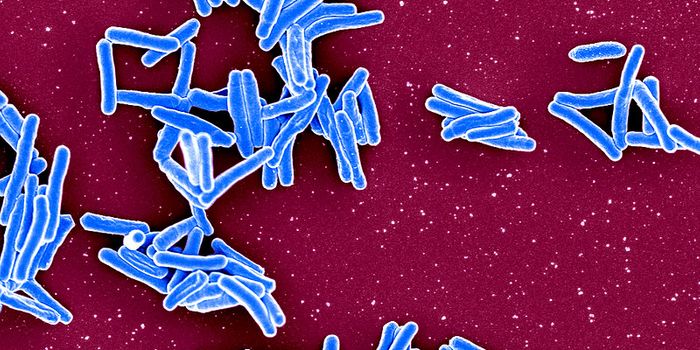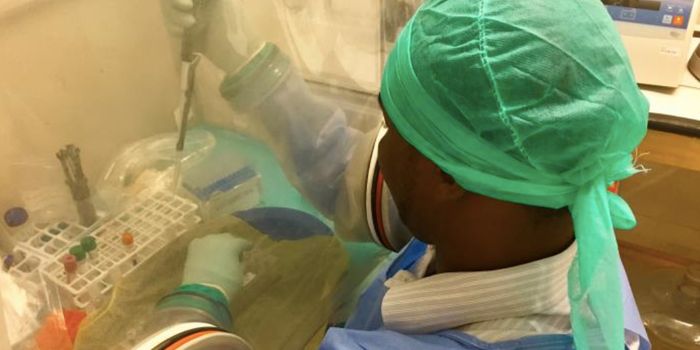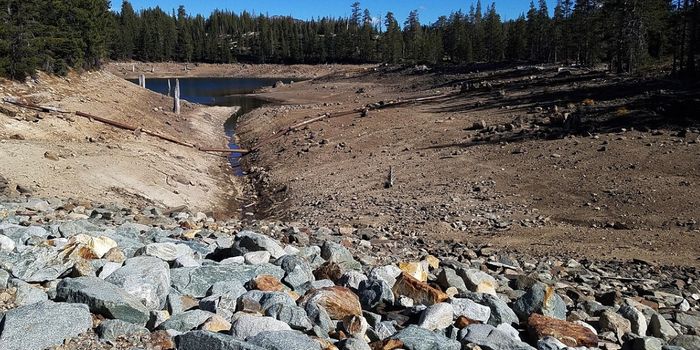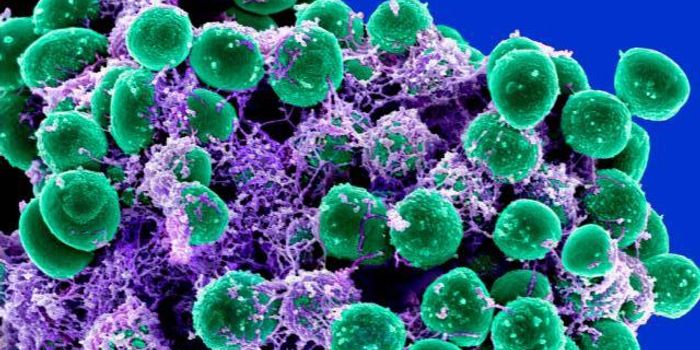Plant-Eating Microbes Expand the Tree of Life
After microbes called archaea were discovered in the 1970s, a branch was added to the tree of life after some debate, when it was decided that archaea are not bacteria or eukaryotes (a branch that includes animals and plants). The placement of that branch is still being debated to some degree. Now researchers have discovered another group of archaea. They're heat-lovers that have been found in hot springs and hydrothermal sediments, and they seem to have an important part in the global carbon cycle because they can break decaying plants down but don't generate methane in the process. The findings have been reported in Nature Communications.
"Climate scientists should take these new microbes into account in their models to more accurately understand how they will impact climate change," noted research leader Brett Baker, assistant professor at The University of Texas at Austin's Marine Science Institute.
This group or phylum of archaea has been called Brockarchaeota for Thomas Brock, who was an extremophile pioneer in microbiology research who died April 4. While Kary Mullis is often recognized for inventing PCR, Brock discovered the microbe that makes a polymerase that was essential to PCR.
"The description of these new microbes from hot springs is a fitting tribute to Tom's legacy in microbiology," Baker added.
Like many exotic microbes that love weird places, so far it's been impossible to grow these microbes in the laboratory, so they have not yet been imaged. However, genetic material was collected from some that were collected from hot springs and hydrothermal sediments, and the researchers were able to sequence the material with high-tech tools. These Brockarchaeota carry genes that seem to be involved in metabolism and waste production.
"When we looked in public genetic databases, we saw that [similar specimens] had been collected all around the world but described as 'uncultured microorganisms,'" said the first study author Valerie De Anda. "There were genetic sequences going back decades, but none of them were complete. So, we reconstructed the first genomes in this phylum and then we realized, wow, they are around the world and have been completely overlooked."
The Brockarchaeota are now the first known microbes that can decompose decaying plants and other organic matter without generating the greenhouse gas methane.
"They are using a novel metabolism that we didn't know existed in archaea," said De Anda. "And this is very important because marine sediments are the biggest reservoir of organic carbon on Earth. These archaea are recycling carbon without producing methane. This gives them a unique ecological position in nature."
Sources: AAAS/Eurekalert! via University of Texas at Austin, Nature Communications



